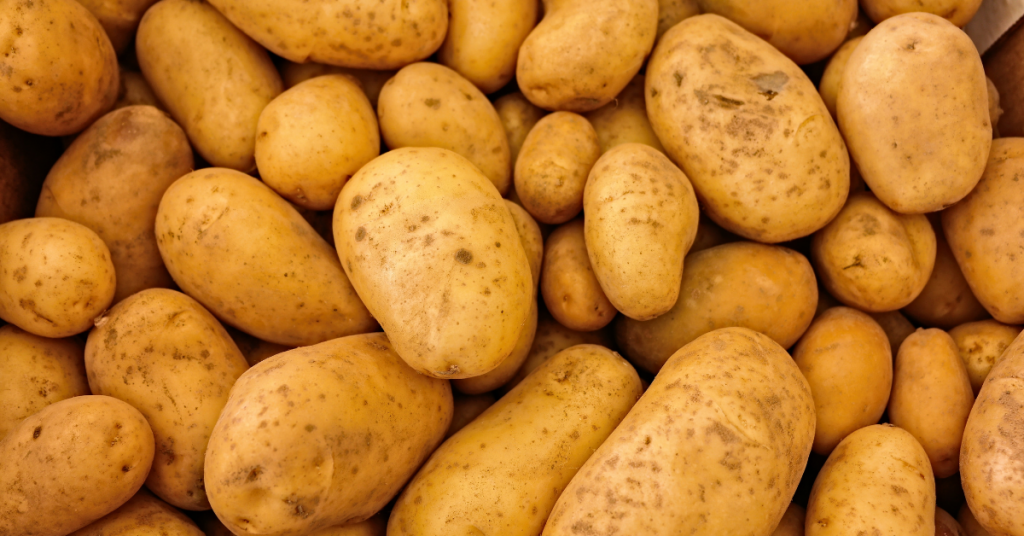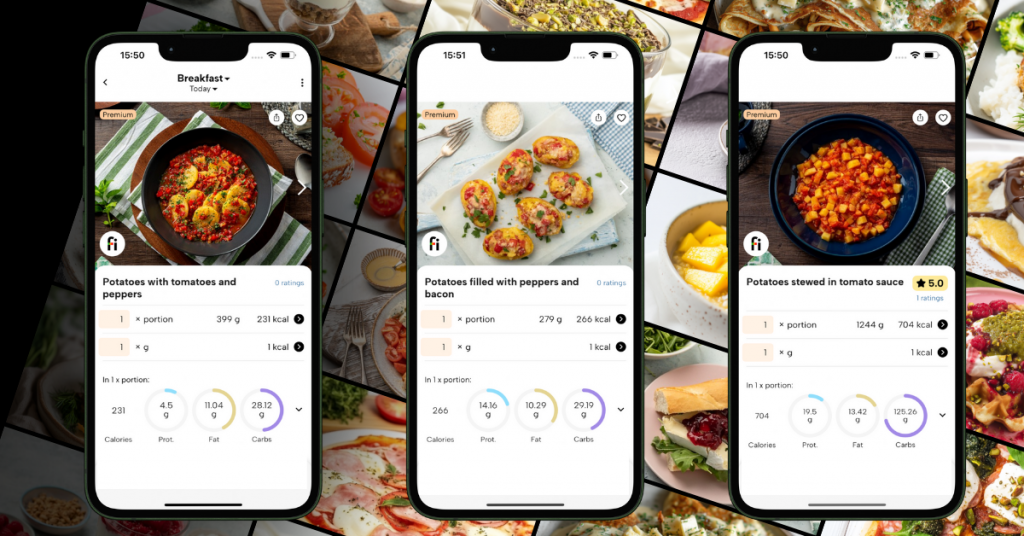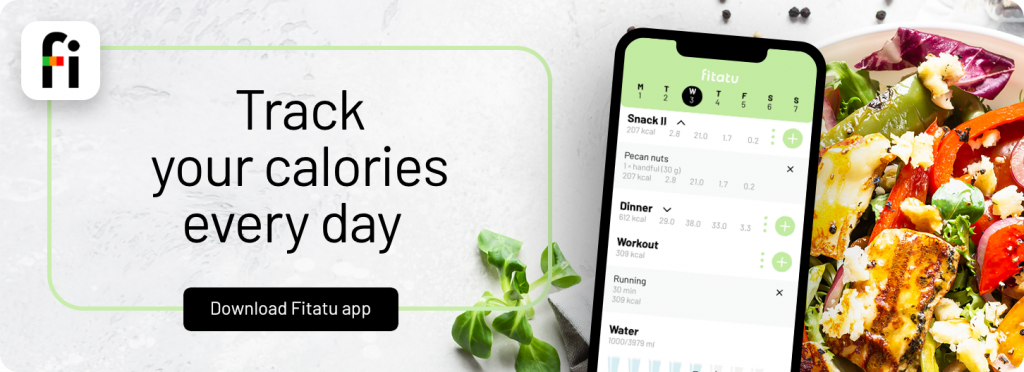Potatoes – to eat or not to eat? Busting myths and uncovering facts

There are plenty of conflicting opinions about potatoes. Some consider them fattening and worthless, others praise their nutritional value and versatility in the kitchen. In this article, we decided to address the most common myths about potatoes. You will also find a few surprising facts.
Potatoes reign in kitchens around the world. In France, they are called “Pomme de terre,” which literally translates to “Apple of the earth,” in Germany “Kartoffel,” in Spain “Patata,” and in Portugal “Batata.” In Poland, besides the general term “Ziemniak,” there are regional names such as “Kartofel” in western and southern Poland, “Pyra” in Greater Poland, and “Grula” in Podhale. In reality, potatoes are a rich source of vitamins and minerals, though at times they can be harmful to health. Let’s take a look at the most popular facts and myths about potatoes.
1. Potatoes make you fat
MYTH! Potatoes themselves are a low-calorie product. In 100 g of potatoes, there are only 87 kcal. For comparison, 100 g of rice has about 360 kcal, buckwheat groats 355 kcal, and pasta 345 kcal. These foods contain four times more calories than potatoes. The myth about fattening potatoes probably arose because they are often turned into high-calorie snacks such as deep-fried French fries or chips. Similarly, when served with fatty sauces, cheese, or butter, their caloric content increases significantly.
2. You can get poisoned by potatoes
Partly FACT! Yes, it is possible, although it happens very rarely. In unripe, sprouting tubers that have turned green in the sun, solanine is produced – a toxin that acts as the plant’s defense against pests. Unfortunately, solanine is resistant to high temperatures and cannot be eliminated at home. The most common symptoms of poisoning are headache, nausea, and diarrhea.
To be clear, we don’t want to scare you away from potatoes. On the contrary, properly stored and prepared potatoes are completely safe to eat and are an excellent addition to your daily diet!
3. Potatoes are worthless
MYTH! Potatoes contain many nutrients. They are a rich source of B vitamins (B1, B2, B3, B6) and vitamin C. They also contain minerals such as potassium, calcium, and magnesium. Potatoes also have polyphenols, flavonoids, and carotenoids, which can “neutralize” free radicals and therefore play a role in cancer prevention. Potatoes are low in calories and have a high satiety index. They provide long-lasting energy, reducing feelings of hunger.
4. Potatoes are harmful for diabetics
Partly FACT! Potatoes have a relatively high glycemic index (GI) and should not be the basis of a diabetic diet. However, this does not mean that diabetics must give them up entirely.
There are ways to effectively lower the GI of potatoes. Cooking them in their skins and then cooling them in the fridge produces resistant starch (a type of fiber), which prevents sudden spikes in blood sugar. In the spring and summer, it is worth choosing early potatoes, which usually have a lower GI. Combining potatoes with fat, protein (e.g., meat, tofu), and fiber (e.g., vegetables) slows down carbohydrate absorption and stabilizes blood glucose levels.
5. Potatoes are the main source of vitamin C for Poles
FACT! In most Polish households, potatoes hold an honorable place on the plate. The average Pole eats about 100 kg of potatoes per year. This is an impressive number, although consumption has been decreasing over the years. In 100 g of raw potatoes, we find about 19.7 mg of vitamin C (the daily requirement is 75 mg for women and 90 mg for men). A typical meal portion of 250–300 g of potatoes covers almost half of the daily requirement, even accounting for losses during cooking.
Potatoes are boring and lack variety
MYTH! Potatoes can be prepared in many different ways. They can be boiled, baked, fried, used in salads, soups, or casseroles. They can be served as puree, fries, dumplings, or pancakes. For more inspiration, check out our app.

Fitatu® Support Group
Reaching your goal is easier with the support of others! Join our Fitatu Facebook group and achieve your goals together with other Fitatu® app users. With the group members, you can share your results every day and motivate each other to keep going.

Fitatu® App
Download the app from the Google Play Store or Apple Store and start tracking your macros with us!
Prefer the web version? No problem. A basic web version is available for our subscribers.
What else is included in Fitatu® Premium?
- over 2000 recipes, plus dozens of new ones every month,
- additional intermittent fasting plans,
- the ability to create shopping lists,
- 7 ready-made meal plans,
- filtering products and recipes,
- more sync options with fitness apps,
- access to the web version of the app,
- no ads!





